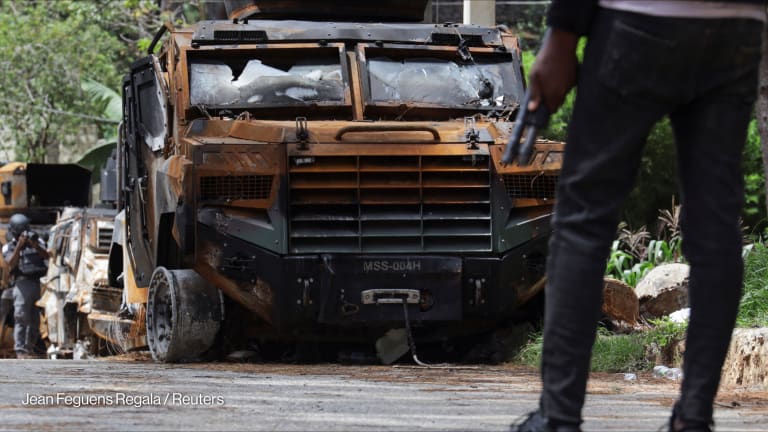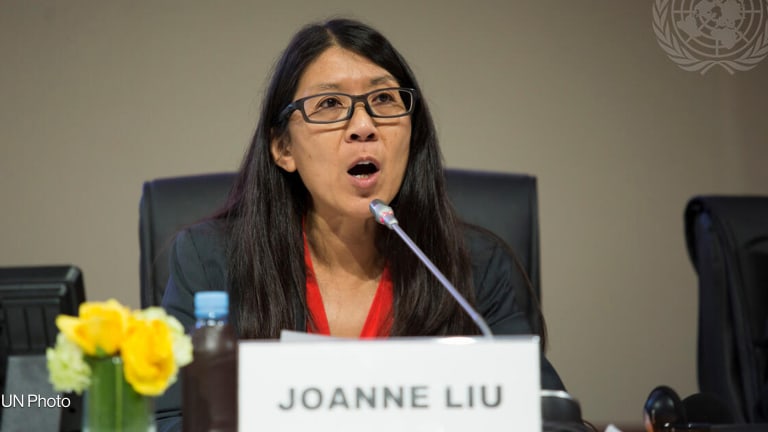African leaders plan to pass the first legally binding agreement to protect internally displaced people. The actual language is still in flux at this point.
But even after its ratification, the African Union's "Convention for the Protection and Assistance of Internally Displaced Persons in Africa" would not directly impact IDPs for a while, said a relief organization representative who did not want to be identified. The AU lacks the capacity and structure to enforce implementation of the convention in each state, she said.
The African Union already approved a non-binding version of the IDP convention last November. It suggested that each African state monitor their own support and assistance of IDPs.
African heads of state are meeting this week in Kampala, Uganda, to revisit the language and make it binding. Observers expect changes to the original language to secure broad support of a binding measure.
Stringent rules are difficult to enforce the first time around, said Steven Hansch, senior advisor of Development Assistants Research Associates and former project manager for Refugee Policy Group. He noted that when the United Nations ratified its first refugee convention in 1951, terms were vague as well.
"It didn't dictate legislation," said Hansch. "It was a multilateral agreement and that's what's happening right now with the AU agreement."
He continued: "The UN Refugee Convention broke new ground [for refugees and] the IDP Convention could too."
Andrej Mahecic, a spokesperson for the U.N. High Commissioner for Refugees, said: "It will be the first legally binding international instrument on IDPs with a continental scope, and UNHCR hopes that it will translate into better lives for African IDPs."
An impartial committee should enforce the convention and oversee monitoring and evaluation, as well as efforts to mitigate the effects of food shortages, climate change, war and other causes of internal displacement, said the relief group representative that did not want to be named.
She suggested that the IDP convention would also give the AU ownership of an important movement, one that might set the tone for change in other regions with IDPs, such as Myanmar and North Korea.
Currently, at least 11 million of the world's estimated 25 million IDPs live in Africa. Although IDPs living in conflict zones are protected by the same international laws as refugees, no global organization is dedicated to supporting and protecting them.








